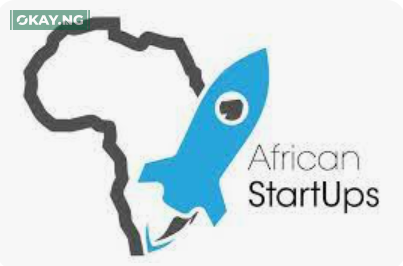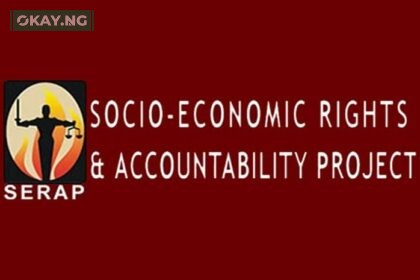A sharp decline in African startup funding in March 2025 has triggered concerns about the continent’s investment landscape, according to a recent report by Africa: The Big Deal. March saw a mere $50 million raised, a stark contrast to the nearly $300 million secured in January and $119 million in February. This dramatic downturn has pulled the first-quarter total down to $460 million, a 5% decrease compared to the $486 million raised in the same period last year.
“Q1 wasn’t the best quarter overall, but it’s not all doom and gloom if we zoom back and look at longer-term trends,” the report states, acknowledging a broader context. However, the immediate figures raise questions about the sustainability of early-year momentum.
Despite the quarterly dip, the usual suspects remained the top investment destinations. Kenya, Nigeria, and South Africa each attracted approximately $100 million, representing 24%, 24%, and 22% of the total, respectively. Egypt followed with $61 million (14%), and Togo rounded out the top five, primarily due to Gozem’s $30 million Series B funding.
Fintech continues to dominate, accounting for 46% of the total funding, with significant contributions from companies like LemFi ($53 million) and Naked ($38 million). Energy and logistics/transportation sectors followed, representing 18% and 10% respectively.
However, a concerning trend persists: the stark gender funding gap. Female-led startups received a mere 2% ($10 million) of the total Q1 funding, significantly influenced by a $6.2 million grant to South African biotech firm Biologics. Excluding grants, the share of funding for female CEOs plummeted to a dismal 0.7%. Male-only founding teams secured 79% of investments, while female-only teams received just 1%. Mixed-gender teams accounted for 20%, showing a slight, albeit insufficient, improvement.
Read Also: Nigeria PoS Transactions Surge to N18 Trillion in 2024: A Cash-Strapped Nation Turns to Digital
As an observer of the ecosystem, I find the disparity in gender funding not just a statistical anomaly, but a critical issue that demands immediate attention, I can assert, reflecting on years of reporting on the region. The potential of female founders is vast, and their underrepresentation stifles innovation and economic growth.
The sluggish Q1 performance raises crucial questions about the trajectory of African tech investment. After a challenging 2024, where cumulative funding reached $2.2 billion—a 25% drop from 2023—the sector faces renewed uncertainty. Last year, 188 ventures raised $1 million or more, about 10% fewer than in 2023.
While fintech’s dominance remains unchallenged, the absence of mega-deals, akin to those secured by Moniepoint and Tyme Group in 2024, casts a shadow over 2025’s prospects. The stability in the number of startups raising at least $1 million (52 in Q1) provides a sliver of optimism, aligning with the 2023-2024 average.
The implications of this funding downturn are significant. For entrepreneurs, it signals a potentially more challenging fundraising environment. For investors, it necessitates a more discerning approach to deal selection. For the broader African economy, it highlights the need for a more robust and inclusive funding ecosystem.
The coming months will be crucial in determining whether the African startup trends can reverse this downward trajectory and regain the momentum seen at the start of the year.













